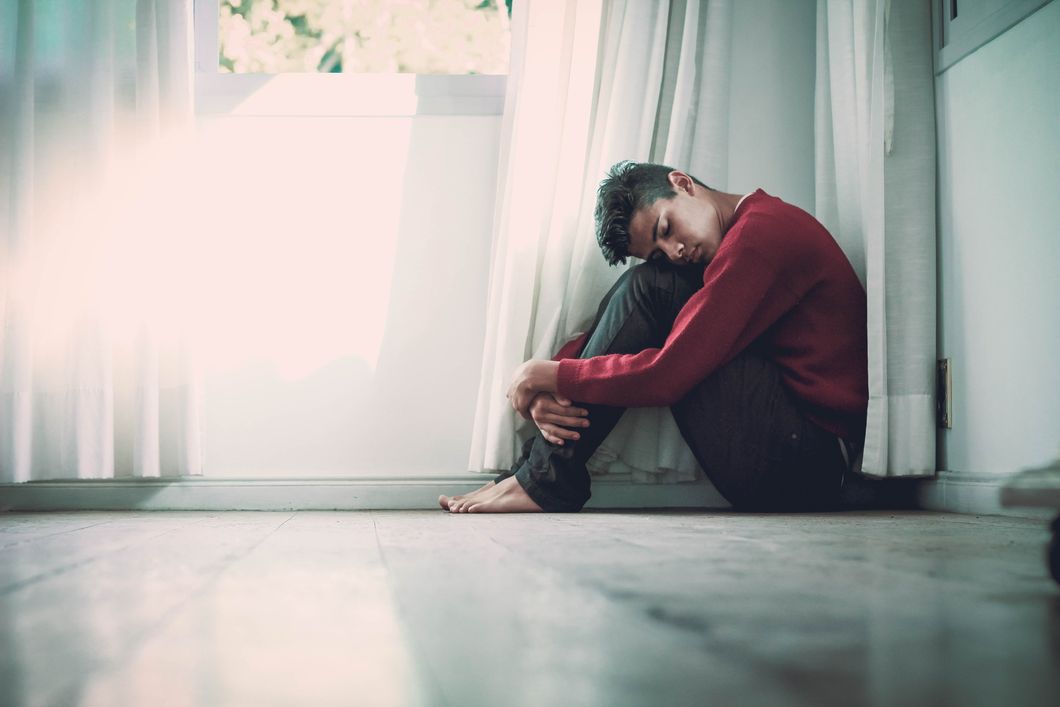As a child, I never experienced anxiety. When I got older and began to be under constant self-imposed stress, I did not understand how to deal with it. After struggling with terrible anxiety and panic attacks for almost four years and working very hard to reflect and dissect my emotions, triggers, and reactions, I am finally able to manage and cope with my anxiety. Although no one struggles with the same form of anxiety, these are some of the ways I was able to decrease my stress and learn how to manage them during my everyday life.
In moments where I was experiencing overwhelming anxiety, I noticed that it was because I was overthinking too many things at once. I began to write down all of my worries in the format of a list and under each, I would jot down what I could and couldn't do about each one. This method allowed me to physically read and hold all of my anxieties in front of me, which made it easier to both think through them and understand their real implications in my life, as many of my stresses were too trivial to keep worrying about. Writing my emotions and stressors down gave me time to process my thoughts, which forced me to slow down and reconsider if what I was letting circulate in my head really mattered.
My anxieties usually came with occasional panic attacks that would arrive during unsuspecting times, which ultimately made me withdraw from social environments because I was scared to be vulnerable or have a breakdown in front of others.
I began to keep a record of every panic attack I had and I would go back through the events and stressors that I experienced in the weeks beforehand in order to identify my triggers. Once I learned the patterns of my panic attacks, I began to focus on understanding and working through my triggers. In doing so, I was able to identify triggers before they subconsciously influenced me into a panic attack, which gave me more control over my anxiety and the freedom to begin exploring and socializing outside of my comfort bubble.
One of the biggest challenges in overcoming my anxiety was changing the way I viewed both trivial and substantial problems in my life as well as the way I read social situations.
This process was a slow one, but I was determined to adapt my mindset that focused more on the present rather than the future and "what ifs." Transitioning from a toxic mentality that constantly searched for what could go wrong in every situation to a mentality that began to question what could go right was the best thing that I could have ever done. The switch from a negative to a positive outlook on situations and emotions that I experienced during my everyday life was successful because I forced myself to overthink the exciting, positive, and happy things about anything I began worrying about before I acknowledged the anxiety that brought those thoughts into my mind in the first place. I trained my mind to make perceiving things in a forward-looking light a habit and soon enough, my whole perspective began to change and my anxiety decreased substantially.
It is important to understand that everyone struggles in different ways, especially when it comes to something like anxiety, and no one experience mirrors another. One size doesn't fit all when it comes to mental health, so take and leave the information that you resonate with and what you believe will be useful to you and what you are going through.











